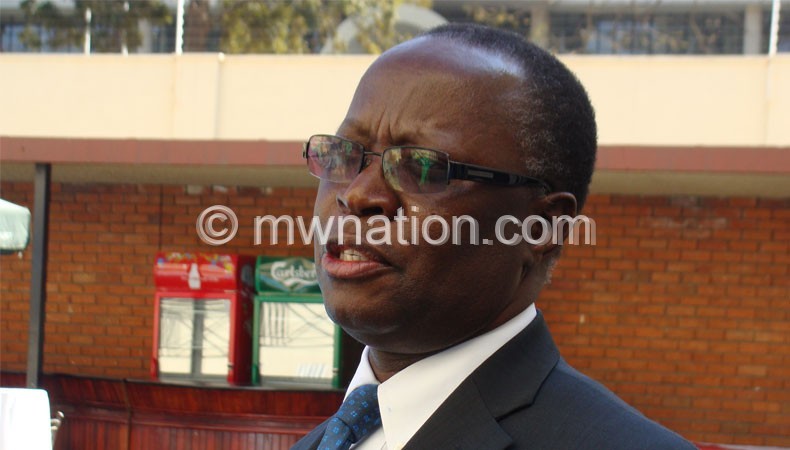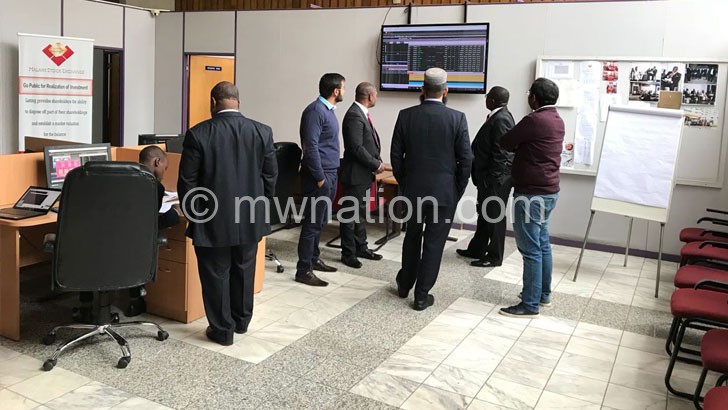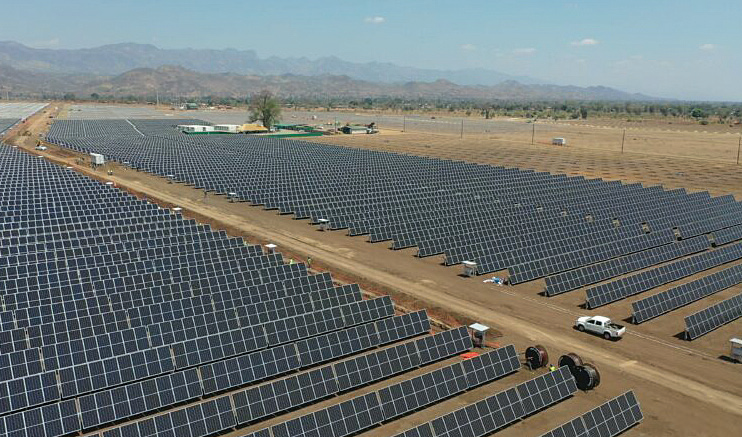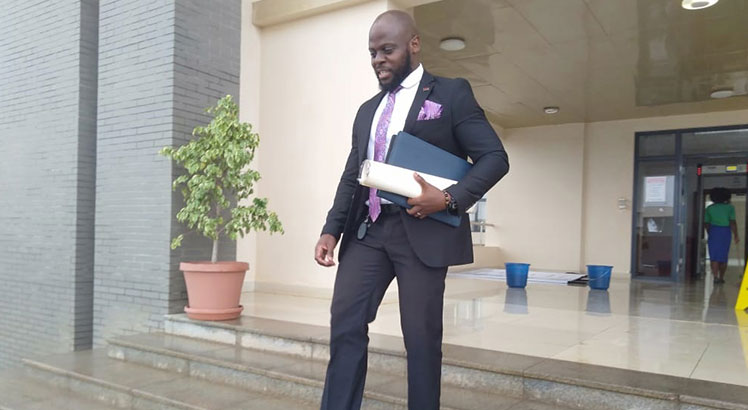Bank rate cut won’t fuel kwacha depreciation—RBM
The Reserve Bank of Malawi (RBM) says it expects last week’s 2.5 percentage points downward revision of bank rate not to trigger the depreciation of the local currency, but rather induce export growth through ease in the cost of borrowing.
RBM spokesperson Mbane Ngwira said this in an interview yesterday in reference to his remarks earlier in May that loosening interest rates was tricky and could potentially trigger high borrowing from commercial banks and in-turn encourage a huge appetite for foreign exchange on the market.

RBM’s Monetary Policy Committee (MPC), chaired by RBM Governor Charles Chuka, resolved to adjust the policy rate downwards by 2.5 percentage points from 25 percent to 22.5 percent effective July 9 2014.
“It’s forward looking and there is a time lag between the time the bank rate cut has been effected and the time the impact will start being felt. Whatever development will come, we don’t expect pressure on foreign exchange as a result of the policy rate cut,” said Ngwira in a telephone interview.
Economic theory generally attests that easing the cost of borrowing exert pressure on foreign exchange market and increase the price of a unit of foreign currency hence weakening the local unit to the chagrin of importers and those Malawians in the country with an obligation of paying tuition fees in foreign currency who must cough more kwachas to buy a unit of foreign currency on the market.
Ngwira said RBM expects the slash in bank rate to positively impact on the economy as it will unleash ‘cheap credit’ to the private sector which he said would spur agricultural production and hence promote import substitution as exports will grow.
“Therefore, the exports will bring in forex. Yes pressure on foreign exchange will be there but overall resultant effect will be beneficial than the pressure on the exchange rate,” he added.
He said the economy will soon drift into the agricultural season which will require farmers to access money to purchase various farm inputs hence need for the cost of borrowing to be eased.
Commenting on the stability of the kwacha, Ngwira attributed the continued stability of the local currency to the central bank’s ability to mop up excess liquidity from the market.
He said the bank’s intervention of taking off excess dollars from the market is also bearing fruits as it is enabling the central bank to build-up more foreign reserves.






Whoever is advancing the so called economic theory that cutting bank rate will have adverse effects on the kwacha exchange rate must be banished to isolation. Those charged with the responsibility of solving Malawi economic stagnation must think outside the box. Steering the Malawi economy effort gets a misery score of 3/10 from me. Malawi cannot borrow economic theories abroad or indeed any subject matter theory without due regards to the idiosyncratic challenges this country faces. An RBM bank rate of around 20% leaves Malawi as one of the highest in the world, literary!
Cut the damn bank rate to below 10% and focus investment in the productive sector to stimulate boom. I have no idea where some people base their bizarre analysis that a rate cut will bring about adverse effects on the economy. The whole world is operating with central bank rates of well below 5% and achieving inflation rate of below 2% with strong growth rates and with monetary policy linked to unemployment rate. It is very frustrating to see “floundering economic policies” that lead to no where. Does it really make sense that the collective brain power of all Malawians can only manage to achieve a misery $5bn GDP in 50 years while other countries like China, Singapore have galloped a whopping over $200bn growth in GDP over the same period? Is there anyone right now who has a solution to boost the GDP (not by $100bn …that would be too much headache…but) by another mere $5bn so the economy can crawl to $10bn? Is that too much to ask? That will require monetary policy to shift gear to support low cost investment, fiscal policy to promote private manufacturing productive industries to boost national competitiveness and government borrowing not crowding out private investment. Headline news! Government infrastructure investment by itself does not stimulate economic boom!! Malawi is missing the key ingredient to unlock economic growth, generate jobs and shift people from poverty!!. Cut the bank rate now to below 10%! Manufacturing revolution now to create wealth for all Malawians! Intellectual toughness now to solve Malawi stagnant economy!